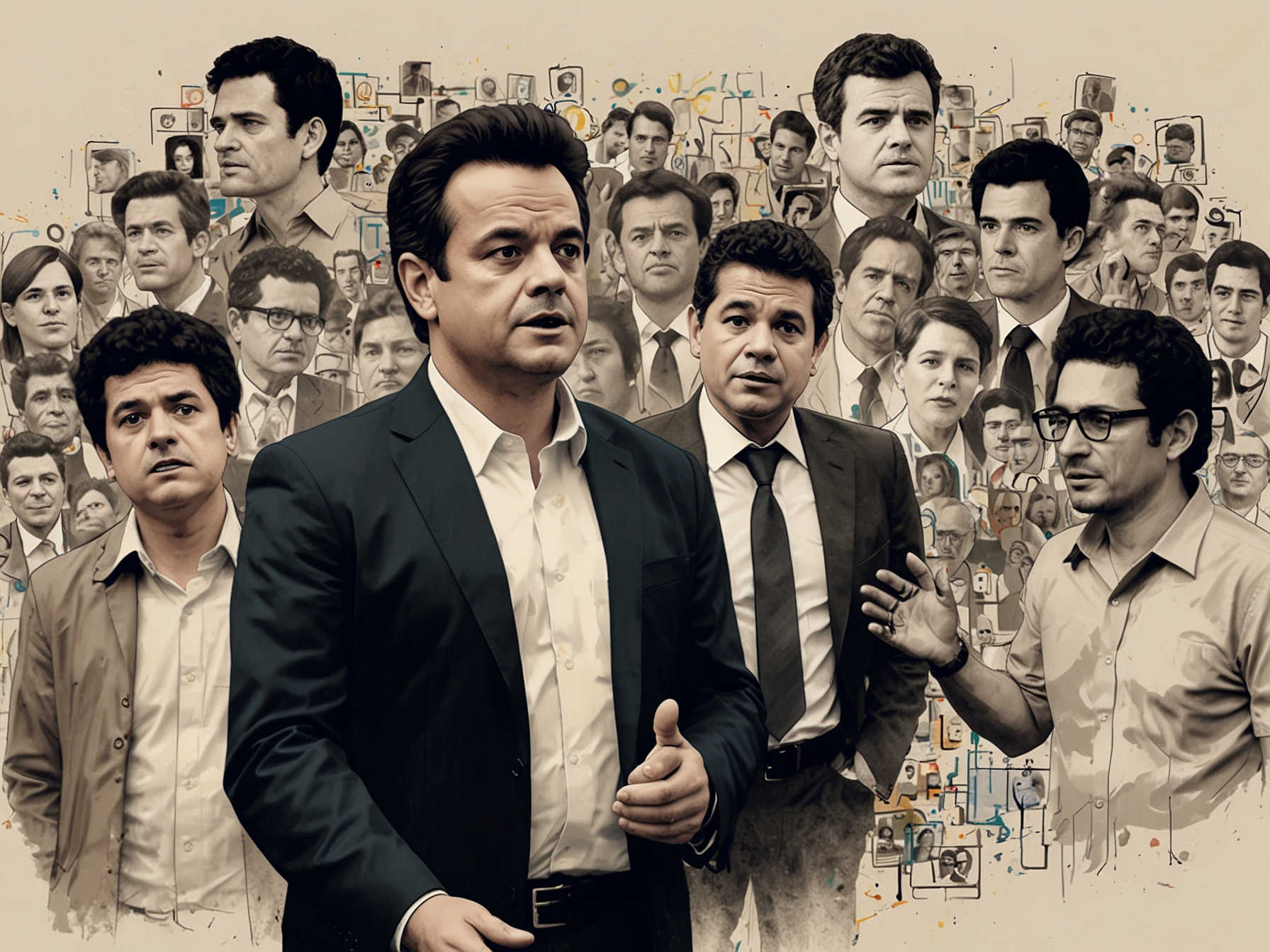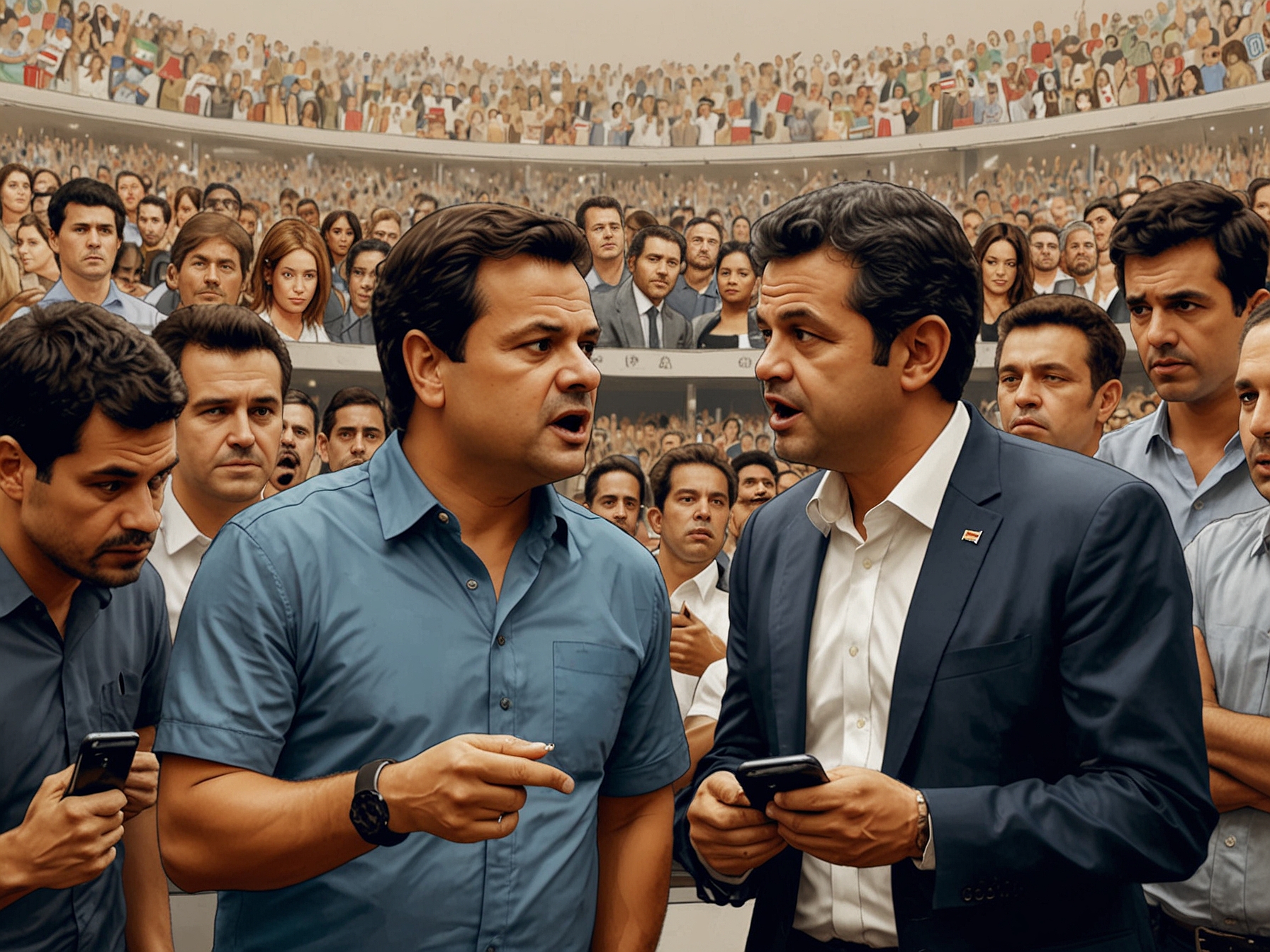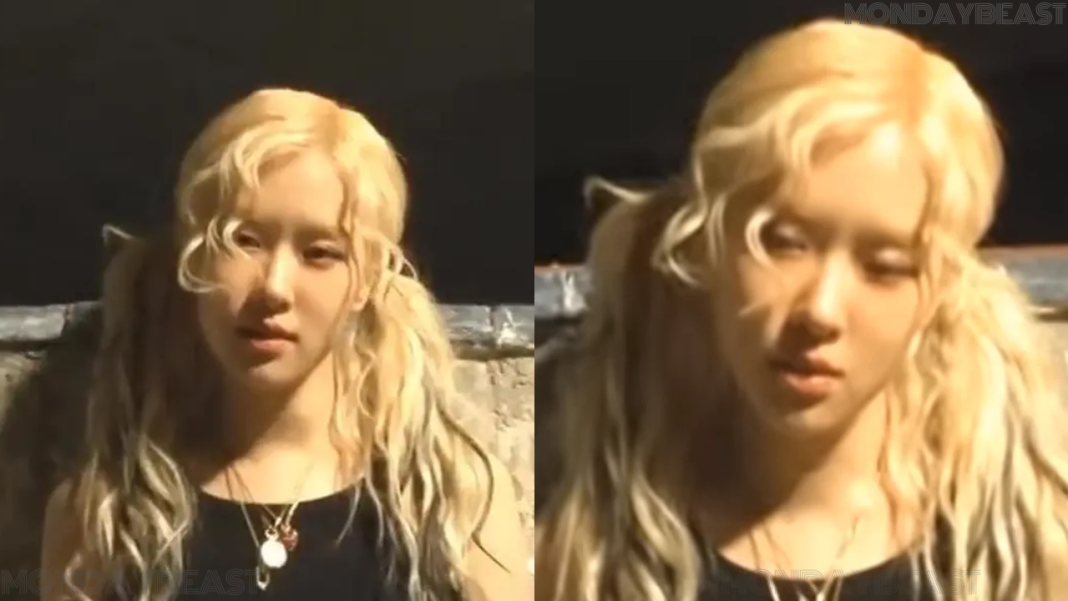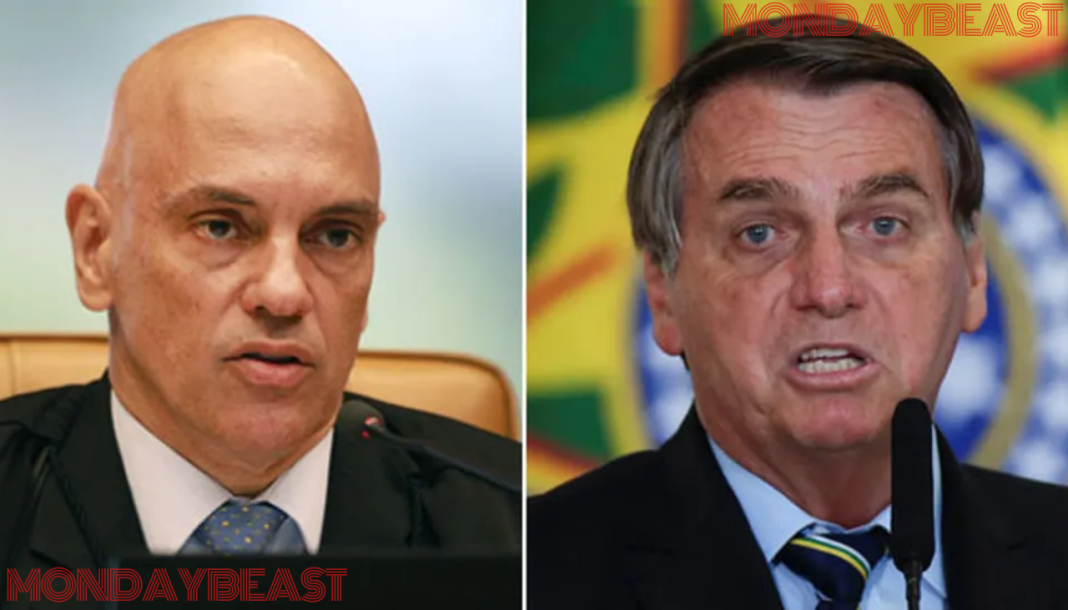In a heated exchange, tensions flared between Rio de Janeiro Mayor Eduardo Paes and Senator Sergio Moro. The clash drew in social media users, captivated by sharp insults and accusations. This was not just a dispute; it was a dramatic display of political anger.
It all started with a post from Marcelo Bretas, a discredited judge known for his role in Operation Lava Jato. On the same day the Federal Police indicted former President Jair Bolsonaro and 36 others, Bretas’ words rang loud. He claimed criminals face no punishment if they choose not to commit their crimes.

Paes couldn’t hold his tongue. He shot back, “Delinquente being delinquente.” Moro, quick to defend Bretas, accused Paes of associating with criminals. He claimed, “Delinquents were your friends that I jailed.”
This back-and-forth revealed deep-seated animosities. The clash showcased how personal and political histories shape public discourse. Paes responded in a fiery tone, labeling Moro a prime example of judicial failure.
Paes called out the senator’s political ambition, pointing out how it had tarnished the fight against corruption. Throwing personal insults, he attacked Moro’s credibility, stating, “You destroyed the fight against corruption.” Moro replied with a photo of Paes alongside controversial figures like Lula and ex-Governor Sérgio Cabral.

He emphasized that the real threats to justice were those surrounding the mayor. His statement mixed facts with flashy rhetoric, suggesting Paes was complicit in corruption through associations. In retaliation, Paes shared images of Moro with past governors and eager political players.
He slammed Moro’s actions at a crucial time. Highlighting the chaos in Brazil’s political landscape, Paes suggested Moro’s choices facilitated distrust in institutions. “You politicized your role; you eroded justice,” he argued.
Both expressed conviction in their points. However, what was truly at stake? The allegations and counterclaims echoed larger issues surrounding Brazil’s political situation.

Public faith in justice seemed frayed, caught in a relentless cycle of accusations. Yet, amidst this pandemonium, the question looms: What do citizens think? Many people feel disenfranchised by political squabbling.
Perhaps there is a desire for leaders to focus on substantive solutions rather than engaging in social media battles. What might happen next? The engagement on social media reveals a populace eager for change.
It could spark a new wave of reform, or it could fester into an even deeper divide. In either case, Paes and Moro’s feud reflects the struggles many Brazilians face in seeking accountability and trust in their governance.
Would these public spats lead to greater transparency or further entrenched partisan positions? For now, the fight remains an ongoing saga with no easy resolution in sight.




